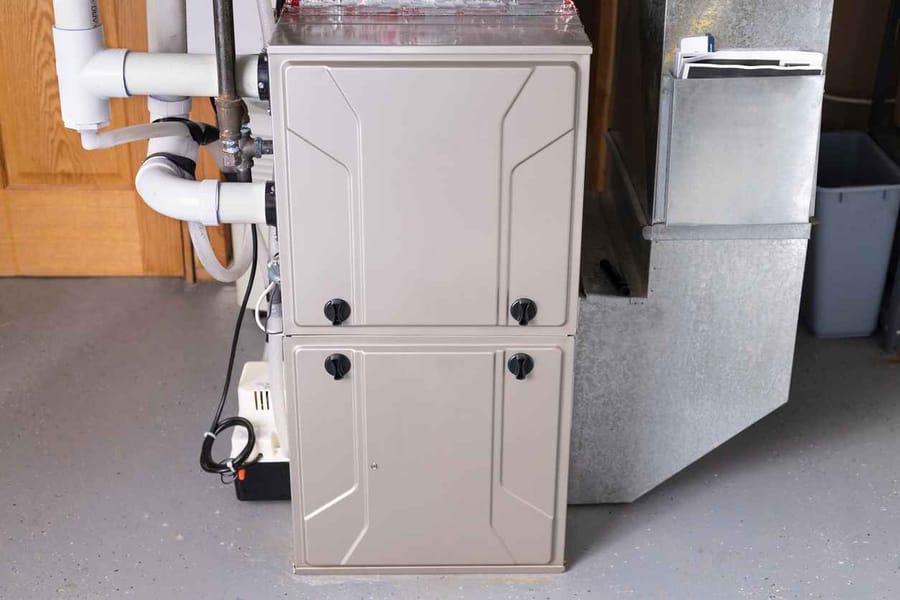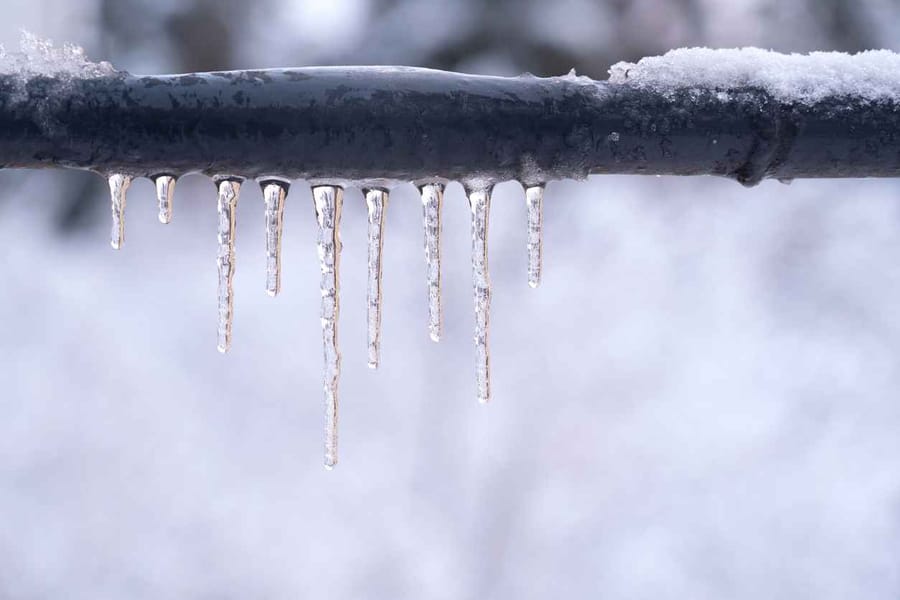4.8 Google Rating
10 Improvements for a Healthier Home
You diet and you exercise, but your home could be undermining your efforts to stay healthy. Your home plays a vital role in your overall health and well-being, so let’s whip it into shape! Here are ten ways to improve your indoor air quality, drink cleaner water, sleep better, and enhance your security.
1. Open Your Windows
We spend 90 percent of our time indoors (probably even more during the lockdown.) The problem with being inside so much is that we’re breathing polluted air — even more polluted than the air outside.
So, go ahead and throw your windows wide open! Opening your windows just 10 minutes a day will help replace stale air with fresh. Your home will smell sweeter, eliminating the need for air fresheners, which aren’t exactly great for your health.
Reducing the level of indoor pollutants can also help improve your ability to concentrate, make decisions, and process information. This study found that ventilation and temperature control improved student test scores and increased their productivity. That’s good news for those of us working from home!
Place fans near your open windows to increase air circulation.
2. Use a Whole-Home Air Purification System
Modern homes are built to be extremely efficient. They are constructed with tighter envelopes to prevent the transfer of air — keeping cool air inside where it belongs. While that’s beneficial for your comfort and pocketbook, a sealed interior also traps odors and pollutants, compromising your indoor air quality.
The solution: a whole-home air cleaner. Unlike individual plug-in units, a whole-home air purification system works in concert with your HVAC system to reduce particulates and gases throughout your house.
This system can remove nearly 100% of airborne pollutants, including allergy triggers, germs, and bacteria.
3. Use a Whole-Home Water Filter
Heavy metals, pesticides, and other pollutants can slip through the municipal water treatment process and make their way into your water supply. The Environmental Working Group found that many of the nation’s water companies are piping water with excessive amounts of chemicals linked to cancer, brain damage, and infertility into homes.
That makes every sip a risky proposition.
Watch for these red flags that your water quality is in question:
-
Strange odor – chlorine, musty, rotten egg, gasoline
-
Bad taste – metallic, salty, acidy
-
Suspicious appearance – rusty, cloudy, discoloration of your porcelain or cookware
A whole-home water filtration system prevents contaminated water from entering your home, ensuring safe, clean water for drinking, cooking, and bathing.
4. Replace Your Air Filter
The filter in your central air unit plays a vital role in your HVAC system’s performance and the quality of your indoor air. Here are some helpful tips to remember to change it out every 30 to 90 days:
-
Set a reminder on your phone: Set a recurring event on your phone for the first day of every month. It might not be necessary to replace your filter that often, but at least check its condition. If it’s caked the debris, you’ll know it’s time to install a new one.
-
Change it when you pay your monthly energy bill: Let your utility bills serve as friendly reminders to change your filter. By routinely changing out the filter, you may even see your energy rates decrease.
-
Store a stack of filters in a visible location: You know the saying — out of sight out of mind. Buy a stack of filters and keep them in a room you frequent, such as the laundry room. They’ll always be there, gently reminding you to check the condition of your current filter
5. Get a Carbon Monoxide Detector
Carbon monoxide is a silent killer, an odorless and tasteless gas that is undetectable without an alarm. Symptoms of long term exposure include…
-
Headaches
-
Dizziness and confusion
-
Weakness
-
Shortness of breath
Have a professional install a carbon monoxide detector for every room in your home to ensure your family’s safety.
6. Get a Gas-Line Inspection
If you have a gas stove, furnace, or water heater, have your gas line inspected once a year to avoid possible gas leaks. Set up the inspection during the fall before the temperature drops to ensure no issues are present before you begin using your heater.
An expert will use various tools to test your gas lines for leaks and other issues that could be out of sight.
7. Install Security Lighting
A dark, unoccupied house is an easy target.
Security lighting with motion detectors activates at the slightest movement, discouraging criminals from stepping foot on your property. They also help light the way when you come home at night and deter animals from your property.
Motion detectors with LED bulbs also offer energy savings.
8. Prevent Mold
Mold aggravates allergies and asthma symptoms, and you could get additional symptoms that impact your overall well-being. Damp rooms with poor ventilation foster mold growth. Follow these steps to reduce moisture:
-
Use your exhaust fans: Turn on your exhaust fans in the kitchen or bathroom for 20 minutes after cooking or showering. Even better: invest in an exhaust system with a humidity sensor. This activates the fan when the humidity reaches a certain level.
-
Use a hygrometer: This device is basically a thermometer for measuring water vapor. Its digital or manual read-out tells you how much moisture is in the air. Moisture levels over 50% indicate a humid environment.
-
Find leaks and fix them: Check moisture under sinks, toilets, and water-using appliances. Left untreated, minor leaks can contribute to moldy floorboards and walls.
9. Use a Humidifier
And now for the opposite problem: Not enough humidity can lead to conditions such as throat irritation, dry skin and insomnia. It can also lead to dry rot, cracked furniture and peeling paint. Dry air is particularly a problem in the winter months when cold air holds less moisture.
A humidifier — either a plug-in unit or a whole-home system — supplies the correct amount of water vapor to alleviate these symptoms and help to ward off airborne viruses.
10. Use Natural Cleaners
Many cleaners and disinfectants impact your health in negative ways you might not have expected. The next time you go to the store, look for nontoxic cleaners approved by the EPA. Read the label to make sure you are using the product the right way, and you can keep your home free of pathogens without using harmful chemicals. You can also use natural cleaners, such as baking soda and vinegar.
Final Thoughts
You don’t have to tackle all of these projects at once. Consider doing one or two now and completing the rest in the future as you embark on your journey toward better health at home. For all of your air quality, plumbing and electrical needs, depend on AAA Service Plumbing, Heating & Electric. To schedule your appointment, call 303-313-3333.
Recent News

How the High Altitude Impacts Your Furnace and Air Conditioning in Colorado

Preventing Frozen Pipes in the Denver Metro: What Every Homeowner Should Know

Why You Should Schedule an HVAC Tune-Up Before Ski Season

The Ultimate Colorado Front Range Home Maintenance Calendar
Contact Us Today

